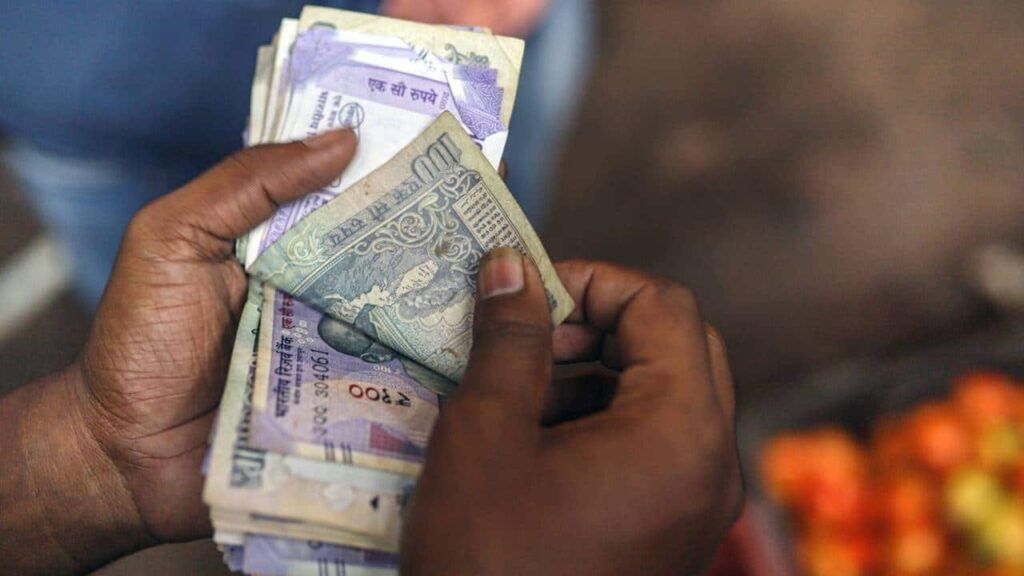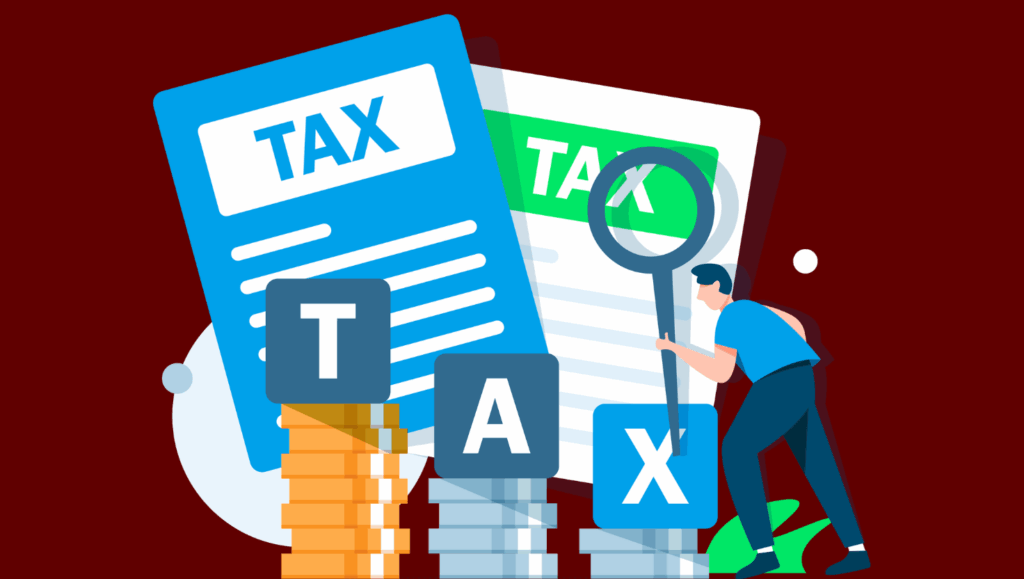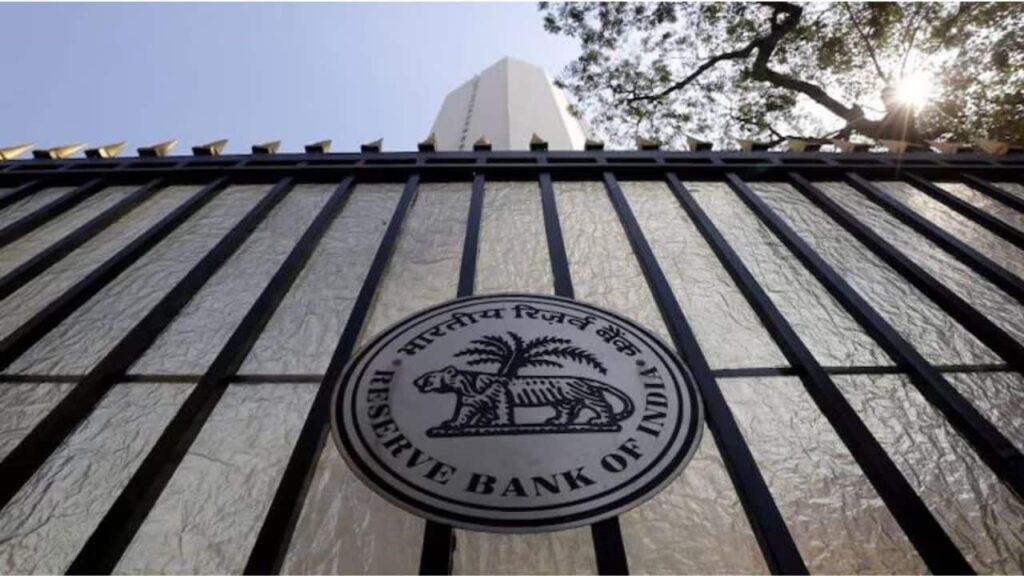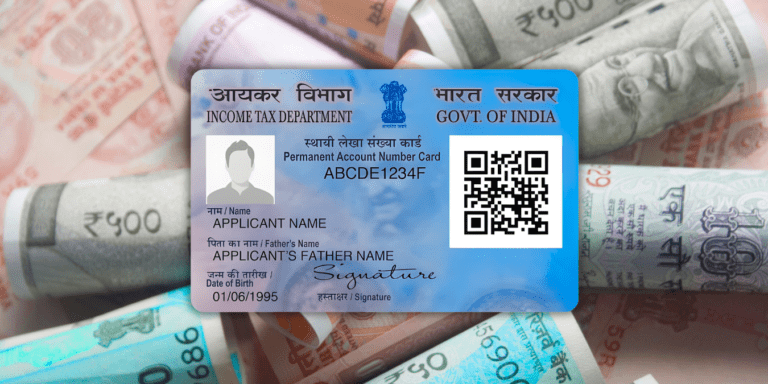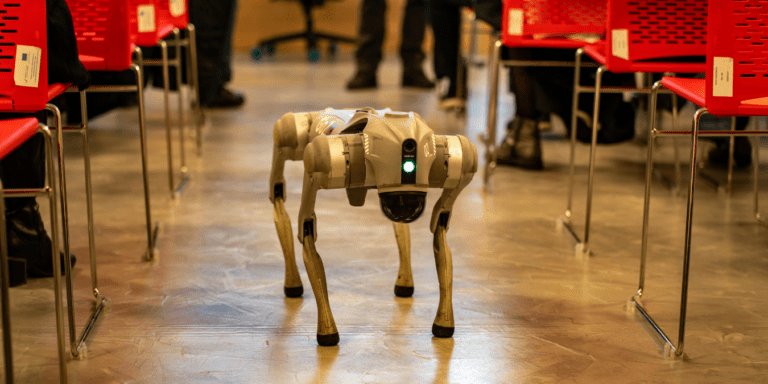
Why your business can’t claim ITC on cars for official use under GST in 2025! Section 17(5) blocks credits, costing firms lakhs. Are there loopholes? Dive into the latest CBIC clarifications and shocking exceptions for demo vehicles. Will EVs or rate cuts change the game?
Have you ever wondered why your company splurges on a sleek sedan for official errands, pays a hefty GST, yet can’t reclaim a single paisa through Input Tax Credit (ITC)? It’s a riddle that perplexes Indian entrepreneurs. In the intricate maze of Goods and Services Tax (GST) regulations, Section 17(5) holds the key. Is there a hidden loophole for cars used in official capacities in 2025? Let’s embark on a suspenseful journey to unravel this mystery, step by step, exploring the latest insights and implications.
GST and ITC: The Backbone of Tax Efficiency
Since its inception in 2017, GST revolutionized India’s indirect tax landscape. At its heart lies Input Tax Credit (ITC), a mechanism allowing businesses to offset taxes paid on inputs against their output tax liabilities. Yet, not all credits are claimable. Blocked ITC under GST ensures fairness, preventing misuse of credits for non-business purposes. Keywords like ITC blocked cars official use GST and GST ITC eligibility 2025 dominate search trends, reflecting widespread confusion among businesses.
Section 17(5): The Barrier to ITC on Motor Vehicles
Section 17(5) of the Central Goods and Services Tax (CGST) Act, 2017, lists categories where ITC is ineligible. A prominent restriction targets motor vehicles used for transporting persons with a seating capacity of up to 13 (including the driver). This clause, often searched as blocked ITC motor vehicles GST, impacts countless firms across India. But why single out cars? The intent is clear: to curb personal consumption disguised as business expenses.
Why Official Use Doesn’t Qualify
Picture a corporate executive zipping to meetings in a shiny company car. It screams official use, doesn’t it? Yet, under GST, this “official use” doesn’t qualify for ITC. Why? The law views general office commuting as a non-taxable supply, not directly furthering taxable business activities. This creates suspense: Are there exceptions that could unlock ITC for your business? Let’s dive deeper.
Exceptions to the ITC Blockade
Section 17(5)(a) offers limited exceptions where ITC on motor vehicles is allowed. These include:
- Further supply of vehicles: If your business involves selling vehicles, like a car dealership, ITC is claimable.
- Transportation of passengers: Vehicles used for passenger transport services, such as cabs or buses, qualify.
- Imparting driving training: Driving schools can claim ITC on vehicles used for training.
For searches like ITC on cars for official use GST, only businesses fitting these exceptions—like a cab service—can claim ITC. General office use, such as executive travel or staff commuting? Blocked.
Latest 2025 Insights: CBIC Clarifications
The Central Board of Indirect Taxes and Customs (CBIC) issued Circular No. 231/25/2024-GST on September 10, 2024, offering critical clarity. It confirms that demo vehicles used by dealers are eligible for ITC under the “further supply” exception. Why? Demo cars promote sales, aligning with taxable supply. However, for pure official use, like staff transport in corporate offices, ITC remains firmly blocked. This distinction fuels searches for GST ITC blocked official cars 2025.
GST Rate Shifts in 2025: No ITC Relief
The GST Council’s 2025 proposals hint at rate overhauls. Small cars may see GST drop from 28% to 18%, easing purchase costs. Yet, ITC rules remain unchanged. Blocked credits on motor vehicles persist, impacting business cost structures. Searches for latest GST updates ITC cars 2025 reflect this tension, as firms grapple with unclaimable taxes.
A Costly Scenario: The Numbers Tell the Tale
Consider a tech firm purchasing a Rs 10 lakh sedan in 2025, incurring 28% GST (Rs 2.8 lakh). For official meetings, ITC is blocked, forcing the firm to absorb the full Rs 2.8 lakh as a cost. If the same car were used for a passenger transport business, the ITC would be claimable, slashing tax liability. This disparity, often searched as GST blocked credits official vehicles, underscores the financial stakes.
Historical Context: From VAT to GST
Before GST, the Value Added Tax (VAT) regime allowed credits variably across states. Post-2017, GST unified rules, blocking ITC for cars with seating capacity ≤13 unless exceptions apply. Industry data reveals over 70% of corporate vehicles fall under this category. Searches for blocked ITC cars GST India surged 40% in 2024-25, signaling persistent awareness gaps among businesses.
Electric Vehicles: A Green Twist with No ITC Relief
Electric vehicles (EVs) enjoy a reduced 5% GST rate in 2025, aligning with India’s sustainability push. But what about ITC? The same Section 17(5) restrictions apply. EVs used for general office purposes don’t qualify for ITC unless they meet the exceptions (e.g., cab services). This creates suspense: Will Budget 2025 relax ITC rules to boost EV adoption? So far, no changes are proposed.
Professional Tip: Document and Apportion
For businesses, meticulous documentation is critical. If a vehicle serves mixed purposes (business and personal), ITC must be apportioned proportionally based on business use. For pure official commuting, though, ITC remains blocked. Advance Authority Rulings (AAR) consistently uphold this strict interpretation, emphasizing compliance for blocked ITC under GST Section 17(5) cars.
The Demo Car Twist: A Dealer’s Advantage
The 2024 CBIC circular introduces a game-changer for dealers. It states: “Input tax credit in respect of demo vehicles is not blocked under clause (a) of section 17(5).” Dealers can claim ITC on demo cars used for customer trials, as they’re linked to “further supply.” But if the same dealer uses the car for staff transport? ITC is blocked again. This nuance drives searches for ITC eligibility cars GST official.
Financial Implications: A Costly Blockade
Blocked ITC significantly inflates business costs. For a Rs 10 lakh car, the unclaimable 28% GST adds Rs 2.8 lakh to expenses. For SMEs, this GST blocked credits official vehicles burden is particularly harsh. Pre-2024, the auto sector lost an estimated Rs 500 crore annually in unclaimed credits. Post-circular, dealers reclaim ITC on demo vehicles, boosting margins, but corporate buyers remain stuck.
Case Study: XYZ Motors’ Strategic Win
XYZ Motors, a car dealership, leverages the 2024 circular to claim ITC on demo sedans used for customer trials. By classifying them as “further supply,” they save lakhs annually. However, when the same vehicles are used for staff transport, ITC is denied. This distinction, often searched as ITC on demo cars GST 2025, highlights the importance of precise usage categorization.
Leasing Conundrum: ITC for Lessors, Not Lessees
What about leased cars? Lessors can claim ITC on vehicles they lease out, as it’s a taxable supply. But if a lessee uses the car for official commuting, ITC is blocked for them. This creates audit risks for misclaims, driving searches for GST ITC leasing cars 2025. Businesses must tread carefully to avoid penalties.
2025 GST Council Updates: Status Quo
The latest GST Council meeting in June 2025 focused on rate rationalization, not ITC reforms. Proposals to lower GST on small cars are in discussion, but latest GST updates ITC cars 2025 confirm no relaxation for official use vehicles. Businesses continue to face the same restrictions, with no immediate relief in sight.
Broader Impact: Shaping Business Decisions
Blocked ITC prevents tax cascading but acts as a deterrent for vehicle purchases. A 2025 FICCI survey reveals 60% of corporates avoid buying cars due to ITC restrictions, opting for pooling or public transport. This shift, often searched as GST impact corporate vehicles 2025, reflects strategic cost management in response to GST rules.
Suspense Resolved? Not Quite
If your business involves passenger transport—like employee shuttles as a taxable service—ITC is possible. But for general executive cars used for meetings or office commutes? ITC remains blocked. The distinction hinges on whether the vehicle directly supports a taxable supply, a nuance driving ITC eligibility official cars GST searches.
Compliance and Professional Advice
To navigate this enigma, consult GST experts. Tools like GSTR-2A reconciliation ensure accurate ITC tracking. For blocked ITC under GST Section 17(5) cars, compliance is non-negotiable. Missteps can trigger audits, penalties, or interest, amplifying financial strain.
Hidden Implications: Beyond the Balance Sheet
The ITC blockade isn’t just about costs—it shapes strategic decisions. Businesses may pivot to larger vehicles (>13 seats) to claim ITC or explore leasing models. The 2024 circular benefits dealers but leaves corporate buyers in a bind. As searches for GST blocked ITC implications 2025 rise, firms must weigh operational needs against tax realities.
Future Outlook: Will 2025 Bring Change?
Could Budget 2025 relax ITC rules for official use cars, especially EVs, to align with sustainability goals? While the GST Council’s focus remains on rates, ITC reforms are speculative. Businesses must plan with current rules, staying vigilant for updates. Keywords like GST ITC cars future trends 2025 will likely trend as anticipation builds.
Final Thought: Decoding the Enigma
The ITC blockade for cars in official use under GST remains a 2025 reality, with exceptions limited to specific business models like passenger transport or vehicle resale. For general office use, the tax burden persists, inflating costs and shaping strategies. By unraveling this enigma, businesses can make informed decisions, leveraging exceptions where possible. Stay proactive—consult experts, track updates, and navigate the GST labyrinth with confidence. The suspense may linger, but clarity empowers smarter choices.
Disclaimer: This article is for informational purposes only. Consult a GST professional for specific advice. The author is not liable for decisions based on this content.






